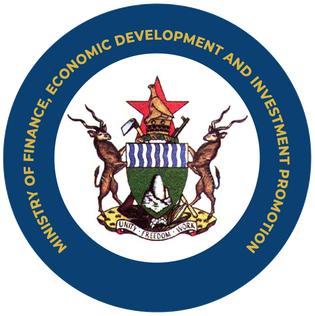
DECEMBER 10 is one of the most recognised days around the globe, Human Rights Day.
Human rights are inalienable and indivisible, yet particular groups are still relegated to the periphery, especially women in the market economy.
Not all affirmative actions have fully mitigated the adverse effects of constructed bigotry and prejudices.
There is an irrefutable need to deconstruct very foundations of systemic discrimination against women to achieve equitable and equal rights.
Scholars, decision-makers and activists have long focused on the relationship between gender and the market economy.
Gender discrimination is a major feature of the market economy in Zimbabwe, as it is in many other nations.
The term “gender discrimination” describes the structural injustices that put people at a disadvantage because of their gender.
Economically speaking, this frequently manifests as differences in access to resources, employment prospects, pay and representation in positions of decision-making.
- Let’s walk together on GBV, women urge men
- US Commission: China’s suppression of Tibetan Buddhism intensified
- Govt rights record in tatters: ZimRights
- Govt must take stock of Zim’s deteriorating human rights situation
Keep Reading
These problems are regularly brought to light in the World Economic Forum’s Global Gender Gap Report and Zimbabwe faces many obstacles in spite of its progressive legal system.
Through agreements like the Convention on the Elimination of All Forms of Discrimination against Women (CEDAW), international law offers a fundamental basis for combating gender discrimination.
State parties are required by CEDAW to end discrimination against women in all spheres, including the workplace and the economy.
When evaluating national laws and policies, the standards set forth in this agreement are used as a guide.
Nevertheless, many nations, including Zimbabwe, have difficulty putting these multilateral pledges into practice locally.
The market economy itself is set up in a way that can support discrimination based on gender.
Women are frequently forced into unorganised industries, where they are not compensated fairly, have no benefits or job security.
Numerous studies indicate that women are overrepresented in low-wage occupations with few prospects for promotion.
Social norms surrounding women’s caregiving responsibilities exacerbate this economic marginalisation and further limit women’s access to equitable employment opportunities.
Gender equality is promoted by laws in Zimbabwe’s legal system, particularly in the 2013 Constitution.
The State is required by section 17 to take action to guarantee women’s full participation in all areas of life.
However, because of socioeconomic and cultural restrictions that prevent women from accessing resources and opportunities, real enforcement is still lacking.
Traditional customs, for example, frequently give preference to men owning land and property, which has a direct effect on women’s capacity to participate fully in agricultural markets, an industry vital to Zimbabwe’s economy.
It is impossible to ignore the intersectional aspect of gendered discrimination that is shown by the interaction between local customs and international law.
The experiences of women in the market economy are further complicated by variables including geography, class and race.
For instance, rural women encounter more challenges than their urban counterparts since they have less access to healthcare and education.
Governmental entities and civil society organisations must work together to address these complex concerns.
Alongside educational initiatives meant to alter cultural perceptions of gender roles, advocacy for stricter enforcement of current laws is crucial.
Incorporating gender viewpoints into economic strategies can also aid in removing obstacles that support inequality.
In conclusion, whereas international legislation offers a framework for preventing gender discrimination, local implementation within Zimbabwe’s socioeconomic situation is what determines how effective it is.
In order to create a fair environment where women may prosper economically, a comprehensive strategy that takes into account both market forces and legislative changes is essential.
- Gaylord Munemo is an emergency response specialist. He can be contacted on [email protected]. He writes here in his personal capacity.











